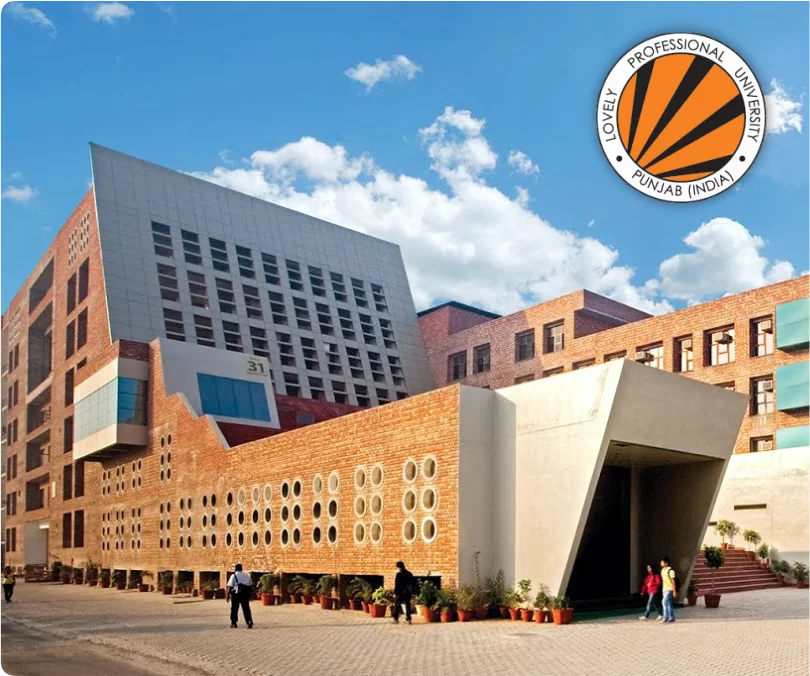A PhD student of Lovely Professional University (LPU), Tanisha Joshi, from the department of Physics has secured the second runner-up prize from the Indian Army. The occasion was a three-month-long “Cyber Threat Seminar cum Workshop- Sainya Ranakshetram 2.0’’ organized by the Indian Army as a Hackathon. Chief of the Army Staff Gen Manoj Pande felicitated the winners. LPU’s Tanisha is the only female participant awarded amongst more than 80,000+ male/female participants from all across India. She has got Rs 50,000 as a cash prize and a prestigious testimonial in this regard.
The event was aimed at providing a platform to identify indigenous talent in niche domains and enhance the standard of training in domains of Cyber Deterrence, Security Software Coding, Electromagnetic Spectrum Operations (EMSO) and Artificial Intelligence / Machine Learning (AI/ ML). The participation was open to all Indian citizens.
Tanisha revealed her winning expertise in ‘EMSO’, which is ‘Customised Indian Army Specific Stack for Wi-Fi 6’. The aim of the Indian Army to conduct this sub-event was to seek a solution to implement an Indian Army specific version of the Secure Wi-Fi stack for increasing the levels of security. Colonel Nishant Rathee, Commandant, Army HQ Computer Centre got the first prize; and, an L&T employee Suryasaradhi Balarkan first runners up.
LPU Chancellor Dr Ashok Kumar Mittal congratulated the talented student and her mentors at LPU’s department of physics, who instilled in her the related subject expertise for ultimately helping the country and the society.
The Indian Army under the aegis of HQ Army Training Command (ARTRAC) had organised this second edition of ‘Hackathon’ from October 2022 to January 2023. It was aimed to seek solutions to operational cyber challenges, and innovative solutions in the field of cyber security.
Deputy Dean, Prof Dr Kailash Juglan at LPU’s School of Chemical Engineering and Physical Sciences shared that as per Indian Army the event, held under four sub-events, facilitated engagement with the intrinsic talent at levels of individuals, academia and organisations. It has led to the identification of suitable talent in the field of ‘cyber security’ both within the defence forces and in the civil academia. The identified talent can further be utilised for focused engagement resulting in fast-track development of cyber security tools and techniques.


